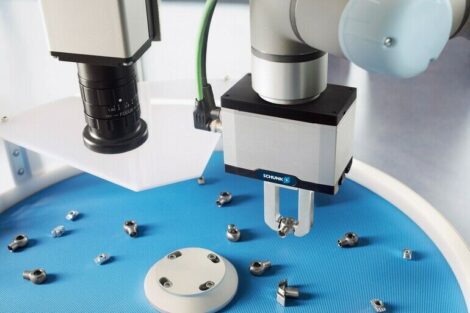The german government´s incentive to support the auto industry from crashing hard by the stall of global economic downturn, tellingly named ‚Verschrottungsprämie‘ by popular lore, was soon copied by many other countries. The ‚Exportweltmeister´s‘ stimulus package inspired also the Obama administration to start ‚Cash-for-Clunkers‘ – pretty much tellingly named as well, by the way.
In this country the arguments about the incentive´s benefit and bushwa mainly stressed the fact, that the best-selling cash-for-clunkers-cars seemed to be the cheap and small ones from Brazil, India or Korea, while cars ‚made in germany‘ don´t cash in on national tax money. Surprisingly the arguments fell silent, when the rankings showed Volkswagen on first position. Nobody seems to be aware, where the budget cars in Volkswagen´s portfolio are manufactured.
In the US the ranking of best-selling cars-for-clunkers (GM followed by Toyota, Ford, Honda and Chrysler) anticipates the same argument. However, another topic attracted more interest: The popular replacements for retired gas guzzlers are equiped thriftily with state-of-the-art Infotainment or Advanced Driver Assist Systems (ADAS). So the stimulus package does not positively affect automotive electronics?
Though a drop in a bucket, it does, analysts say. The top-selling cash-for-clunkers models are far from being loaded from a technology standpoint, but they do include some essential infotainment features formerly available only on higher-end cars. And the safety features of the sold autos are much better than the trade-ins. Airbags, ECS, ADAS, park assist and more have not been standards a decade ago.
Now, as the trade cycle seems to move slow but self-propelled again, a quite more important question occupies the electronic manufacturing industry: Who did his homework during the last month?
Share:












